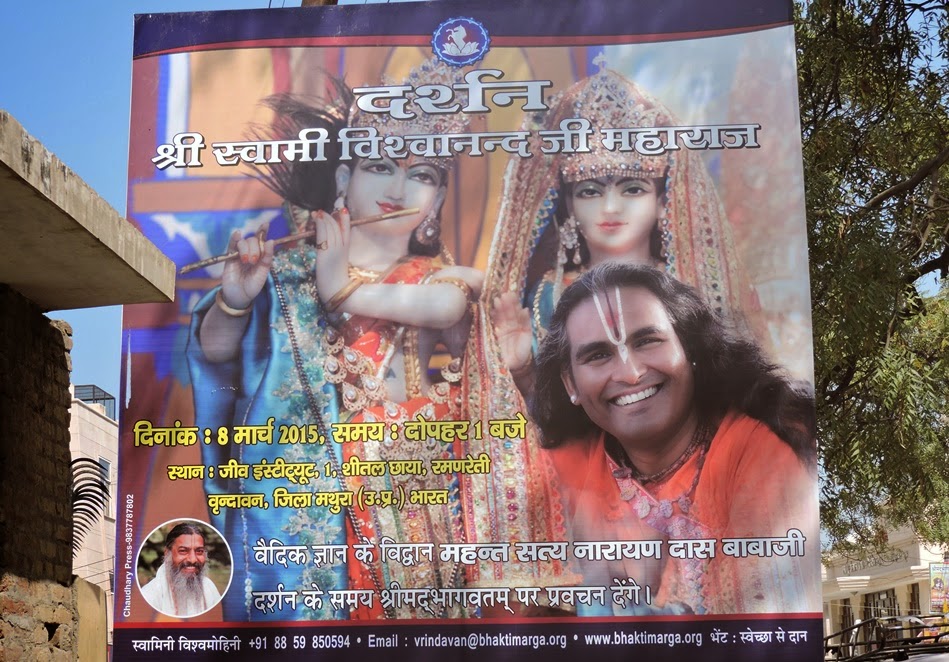World Toilet Conference Opens in Delhi
I came across the announcement of the World Toilet Conference quite by accident, as this event has not attracted a lot of reporting from the news media in the West. Only it seems on Australia's Asia-Pacific service.
Interesting statistics, though a bit inconsistent. According to the W.T.O., only about one-fifth of the world's people are hooked up to a sewer system, and at least half of those sewers do not treat the sewage, but simply dump it into lakes or rivers. The worst situation is in the world's two most populous countries, India and China. Though Beijing, in preparation for the Olympics, has renovated more than 4000 public toilets.
Jack Sim, the founder of the W.T.O., says that that you need to make toilets a status symbol in order to have them accepted popularly. People who have defecated in open fields for generations cannot always see the need to do otherwise, even when they step barefoot into the remains of the last person to use that particular field.
Women are particularly badly affected in India by toilet anarchy. Whereas men seem less inhibited to urinate on the railroad tracks or to merrily defecate while waving to the passing trains, women are much more confined by the demands of modesty. As a result, they only go out after dark, meaning that they are often subject to physical problems resulting from holding back all day long.
Also while on the theme, the main Indian group working on this area of philanthropy is Sulabha International, which has a toilet museum and academy in Delhi. See here. This group also gives an annual award, which this year was awarded to the Water Supply and Sanitation Collaborative Council:
While in India last time, I had a vision of Krishna as "Bhangi Bihari." Recently on this blog, someone compared sex to defecation, which I objected to. But when we promote the idealistic conception of human life, we sometimes neglect the less romantic aspects of our existence in this world. Anyway, to show that I don't think sex is everything, I am telling you about Bhangi Bihari, who plays the flute for the most rejected sector of Indian society, who yet are amongst the most needed.
Countries like India actually have the opportunity to find new technologies that skip some of the more inefficient and unecological ways of doing things. Take the cell-phone, for instance. Third world countries have been able to skip the necessity of creating a cable grid for communications, thus avoiding very expensive infrastructure development. The same opportunity is there for ecological toilets, solar power, and so many other more easily accessible technologies. The great problem is often yad yad acharati sresthas. Those lower on the social ladder tend to want to imitate, even if it is counterproductive, the lifestyles of those with the most public notoriety. Therefore the village kid wants a pair of 100$ Nikes, which are being made by another village kid for 10 cents. The price difference of 99.90 is going to the Michael Jordans and the Tiger Woods.
Krishna as Bhangi Bihari is the one who cleans the paths of Vrindavan. His das is Narottam, who cleaned the toilets of Lokanath. It is a good job for mlecchas.
Interesting statistics, though a bit inconsistent. According to the W.T.O., only about one-fifth of the world's people are hooked up to a sewer system, and at least half of those sewers do not treat the sewage, but simply dump it into lakes or rivers. The worst situation is in the world's two most populous countries, India and China. Though Beijing, in preparation for the Olympics, has renovated more than 4000 public toilets.
Jack Sim, the founder of the W.T.O., says that that you need to make toilets a status symbol in order to have them accepted popularly. People who have defecated in open fields for generations cannot always see the need to do otherwise, even when they step barefoot into the remains of the last person to use that particular field.
Women are particularly badly affected in India by toilet anarchy. Whereas men seem less inhibited to urinate on the railroad tracks or to merrily defecate while waving to the passing trains, women are much more confined by the demands of modesty. As a result, they only go out after dark, meaning that they are often subject to physical problems resulting from holding back all day long.
Also while on the theme, the main Indian group working on this area of philanthropy is Sulabha International, which has a toilet museum and academy in Delhi. See here. This group also gives an annual award, which this year was awarded to the Water Supply and Sanitation Collaborative Council:
The jury members of the Sulabh Global Sanitation Award have considered these facts and found that no achievement in the post-War world is greater than the attempt to improve the lives of the poor by doing simple things like keeping places clean and saving water. And, thus, save the world from yet another war which, it is feared, will be fought on water. For that matter, WSSCC is a peace - promoting global agency working to realize the dream of a conflict-free world which is the founding principle of the United Nations.
While in India last time, I had a vision of Krishna as "Bhangi Bihari." Recently on this blog, someone compared sex to defecation, which I objected to. But when we promote the idealistic conception of human life, we sometimes neglect the less romantic aspects of our existence in this world. Anyway, to show that I don't think sex is everything, I am telling you about Bhangi Bihari, who plays the flute for the most rejected sector of Indian society, who yet are amongst the most needed.
Countries like India actually have the opportunity to find new technologies that skip some of the more inefficient and unecological ways of doing things. Take the cell-phone, for instance. Third world countries have been able to skip the necessity of creating a cable grid for communications, thus avoiding very expensive infrastructure development. The same opportunity is there for ecological toilets, solar power, and so many other more easily accessible technologies. The great problem is often yad yad acharati sresthas. Those lower on the social ladder tend to want to imitate, even if it is counterproductive, the lifestyles of those with the most public notoriety. Therefore the village kid wants a pair of 100$ Nikes, which are being made by another village kid for 10 cents. The price difference of 99.90 is going to the Michael Jordans and the Tiger Woods.
Krishna as Bhangi Bihari is the one who cleans the paths of Vrindavan. His das is Narottam, who cleaned the toilets of Lokanath. It is a good job for mlecchas.



Comments